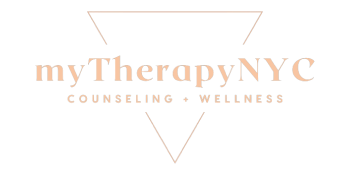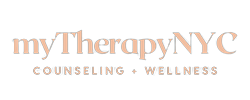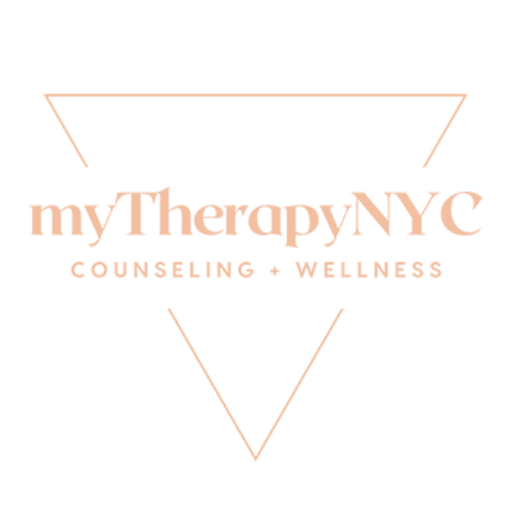In one of the most touching moments of André Aciman’s novel (and Luca Gaudanigno’s achingly beautiful film) Call Me By Your Name, Professor Perlman advises his heartbroken son Elio: “if there is pain, nurse it, and if there is a flame, don’t snuff it out, don’t be brutal with it…We rip out so much of ourselves to be cured of things faster than we should that we go bankrupt by the age of 30 and have less to offer each time we start with someone new. But to feel nothing so as not to feel anything—what a waste!”
Elio’s father understands the emptiness we face when we decide to numb ourselves in moments of despair. We withdraw; we drink; we smoke; we swallow pills; we do whatever it takes to avoid facing our sadness. Our inability to sit with painful emotions and to share them with others leads us to a deceptively comfortable place that is free of risk. Let’s call this place Numbsville. Life in Numbsville can be easy and effortless; it’s also an incredibly isolating existence often devoid of joy—one where I find so many of clients when they start therapy.
From a neuroscience perspective, the road to Numbsville begins in your prefrontal cortex; when you feel overwhelmed by difficult feelings, this part of your brain signals that you have limited bandwidth to process your emotional data. Research even suggests that major life stressors can damage and shrink the prefrontal cortex when these difficult emotions are not given the space they need to be explored. Sharing your emotions and allowing yourself to be vulnerable with a friend, a partner, or a therapist produces a sense of “felt understanding,” which is one of the greatest gifts we can provide to another individual. When we build up walls to protect us from feeling difficult emotions (sadness, shame, anger), we end up becoming more preoccupied with thoughts of insecurity, anxiety, and despair.
For men, sharing emotions can be particularly difficult because we have been taught from a young age to “man up.” In Numbsville, we seem strong and unshaken even when we are panicking beneath the surface.
Human connection is always the antidote for coping with our fears. After all, the world is easier to navigate when we allow ourselves to draw on social resources. We thrive on human connection. For instance, several recent studies have revealed the psychological benefits of something as simple as holding hands.
In her outstanding book Daring Greatly, storyteller and research professor Brené Brown exposes the myth that vulnerability is a sign of weakness. In fact, her work establishes that the expression of uncertainty and the act of emotional exposure are essential components to unlocking success in our relationships. Here are four ways vulnerability can make us stronger:
Being vulnerable fosters connection and trust.
Being vulnerable allows us to tap into the universal qualities that make us human—the cravings for money, success, fame, beauty, love, or personal growth. When we deny the expression of these feelings, we position ourselves as outsiders—know-it-alls that can’t be trusted. The mere act of asking for help signals that you are not afraid to let go of the illusion that you have everything figured out. No matter who you are, there will be times when you alone cannot fix a complex problem.
Being vulnerable promotes a sense of authenticity.
Projecting the image of a stoic figure, untouched by the calamitousness that life throws your way, is actually easy. There is nothing authentic about pure unflappability. It takes courage to admit you’re wrong, terrified, or overwhelmed. When we share our fears with a romantic partner—or our hesitations with a colleague—we come across as more genuine. When we share our authentic selves with someone else, we increase the sense of acceptance, comfort, and safety.
Being vulnerable frees us from the protective armor of perfectionism.
Far too often we confuse excellence with perfectionism, but we rarely consider the destructive qualities of perfectionism. In fact, those who want others to buy into their “perfect” façades are pretty intolerable. Inside, perfectionists are tearing themselves apart, knowing that they will never live up to the expectations they set for themselves.
Being vulnerable connects us to a team.
I always remind my students and myself that confidence is overrated. Be Inquisitive, I tell them. Embrace what you do not know and be humble. Cockiness, while potentially alluring at first glance, ultimately kills connection. When I first started training to be a psychotherapist, I would approach my early supervision sessions with complete confidence. I wanted my supervisor to hear all about the wonderful progress we were witnessing with my clients. After three weeks of allowing me to rattle on about my tremendous progress, he paused to ask about my anxieties, fears, and doubts. “We all have them,” he gently told me. It was only when I began sharing about areas where I was unsure that I started to grow enormously as a clinician and feel more connected with my supervisor. From a management perspective, research has also shown that being vulnerable enhances the level of respect awarded to you by your staff and colleagues.
How has sharing your feelings with others helped you to deepen your relationships? How has being vulnerable helped you to build trust among your work colleagues?
- Five Dating Red Flags [Video] - March 7, 2018
- How Being Vulnerable Makes You Stronger - January 18, 2018
- Five Key Differences Between Love and Infatuation - September 8, 2017





5 comments
What a wonderful reflection on the power on vulnerability! I also really like how you find clinical content in film and media, which is rich with it’s own insight.
Such an amazing and poignant blog. It is too true that we often hide behind our defenses in order to avoid being vulnerable at the expense of truly wonderful and moving experiences and relationships. This is something I will share with both friends and clients.
A great blog! The points of expressing the need for vulnerability are so very approachable and said in a practical way. It helps to remind myself as a therapist how to remain vulnerable.
This is such an important topic. Being vulnerable allows us to connect in deeper ways and have more meaningful relationships to our experiences and the people in our lives. Great blog!
Awesome blog Zach! Being vulnerable can be a challenge; however, the more we practice our vulnerability the more we connect to our true authentic self.